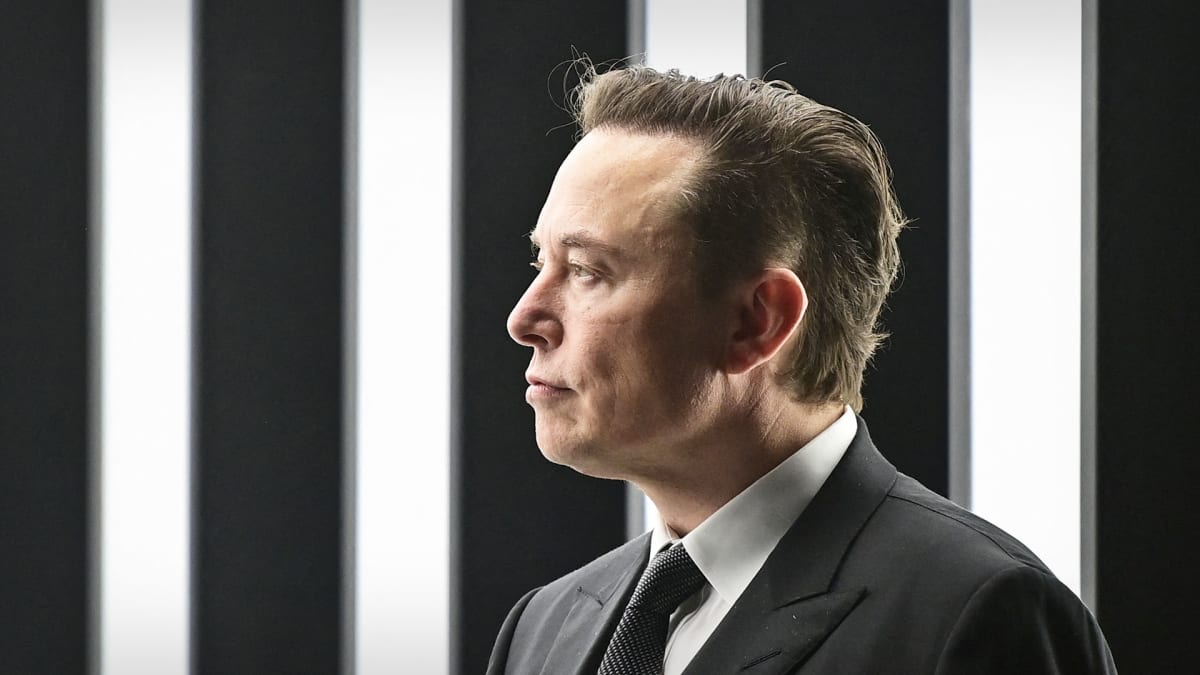
The U.S. dollar is in decline -- or at least such is the speculation that has been circulating this year.
These rumors are fed by various articles, starting with headlines saying that Russia is now considering using China's yuan for its global trade. Then talk followed that Saudi Arabia, a major U.S. ally, was considering charging in yuan for its oil exports to China.
Things accelerated: France was reportedly considering buying gas from China with yuan, while Brazil and Beijing were considering no longer using the U.S. dollar in their bilateral trade relations.
The avalanche of rumors about the demise of the U.S. dollar was such that some headlines said that the Brics countries -- an acronym for Brazil, Russia, India, China, and South Africa -- were considering developing a new reserve currency, while India was in the process of settling some trades in rupees.
All this news had a common theme: The dedollarization of the world economic stage was under way.
The greenback had lost or was in the process of losing its place as the top choice in world trade and finance, this theme suggested. It was circulating mostly among conservatives and critics of the policies of President Joe Biden's administration. The death of the U.S. dollar on the global stage was inevitable, they predicted.
The Dedollarization Narrative
This narrative is based primarily on the fact that in the aftermath of World War II, the U.S. gross domestic product accounted for almost half the world's GDP, a situation that placed the U.S. dollar as the main currency of global exchange, store of value and unit of accounting.
But the U.S. economy is no longer as dominant as it was, these critics say, so the reign of the U.S. dollar is also nearing the end.
For Elon Musk, Tesla's (TSLA) CEO and, in his view, the global CEO, dedollarization is inevitable and the result of the U.S. using the currency as a weapon on the world stage.
One way the greenback is weaponized is the economic sanctions the U.S. imposes on other countries. Consequently, the billionaire entrepreneur says, other countries at some point will no longer want to use the U.S. dollar, to free themselves from dependence on America and its diktats.
That's what the billionaire just said in a thread on Twitter.
It started with a user on the platform with whom Musk often interacts. The user claimed, based on data from Morgan Stanley, that since 2001, the dollar had slipped considerably in world trade.
"De-dollarization is real and is happening fast," the user said. "Dollar share when from 73% (2001) to 55% in (2020). Went from 55% to 47% since sanction launched on Russia, now de-dollarizing at 10x faster than the previous two decades. #gold #silver."
Musk agreed with this analysis.
"If you weaponize currency enough times, other countries will stop using it," the Tesla chief said on Twitter on April 25.
No Viable Alternative to the U.S. Dollar?
Other experts believe that the dollar is far from losing its throne because there is no viable alternative. In 1945 the dollar replaced the pound sterling as the currency of global trade. The yuan, they say, cannot replace the dollar despite Beijing's aspirations.
"Despite its growing role in the global economy and longstanding desire to unseat the dollar, China lacks the investor protections, institutional quality, and capital-market openness required to internationalize a yuan that is still not fully convertible overseas," wrote Ian Bremmer, founder and president of Eurasia Group, in Gzero Media, a digital media firm he founded.
For Bremmer, the most serious threat to the dollar’s dominance is from within.
"The United States is still the most powerful nation on earth, but it’s also the most politically divided and dysfunctional of all the major industrial democracies," he argued.
"The single biggest risk to the dollar’s global status is that growing inequality, tribalism, polarization, and gridlock eventually undermine trust in America’s stability and credibility."
While the dollar’s share of the central banks’ $12 trillion foreign exchange reserves has indeed declined since 1999, it is still nearly twice that of the euro, yen, pound, and yuan combined – the same as it was a decade ago.
Its nearest competitor for global-currency status, the euro, accounts for barely 20% of central bank reserves.
The dollar accounted for 58% of central banks' foreign-exchange reserves, according to data from the IMF. This is a big decline compared to 1999, but it's almost three times the share of the euro, followed by the Japanese yen at 5%. The Chinese yuan's share is under 3%.







